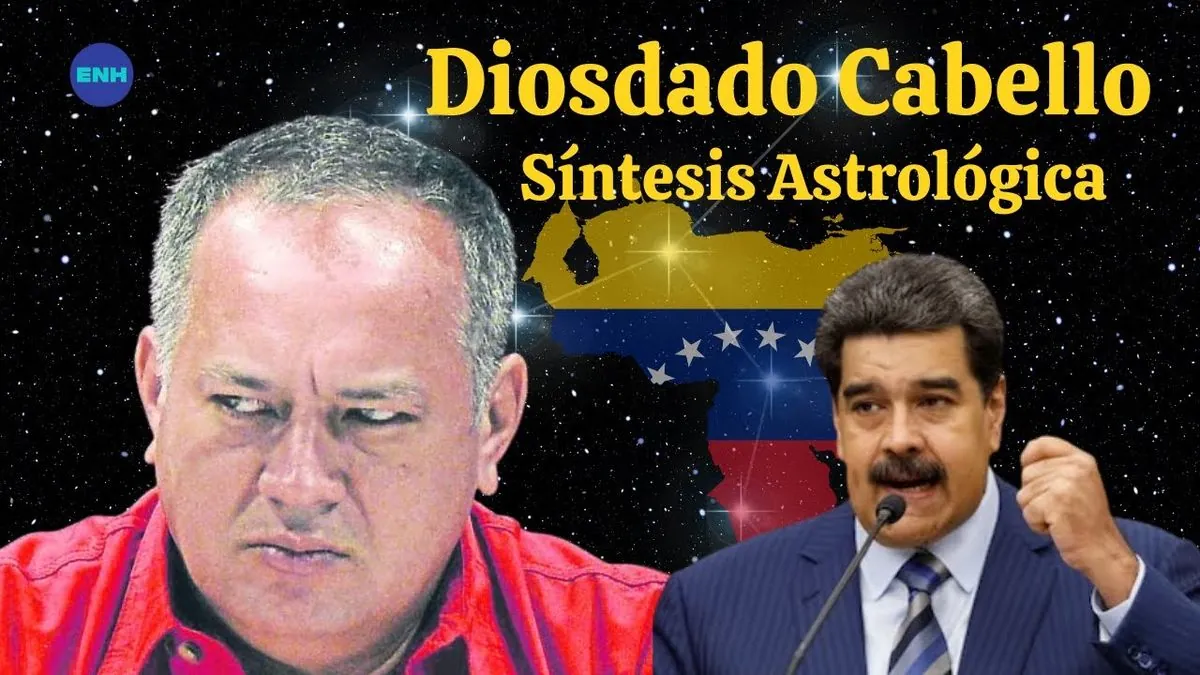Argentine Court Orders Arrest of Venezuelan Leaders Amid Escalating Tensions
An Argentine federal court has ordered the immediate arrest of Venezuelan President Nicolás Maduro and Interior Minister Diosdado Cabello for alleged crimes against humanity. This decision escalates tensions between the two nations.

In a significant development, an Argentine federal court has issued an order for the immediate arrest of Nicolás Maduro, Venezuela's President, and Diosdado Cabello, the country's Interior Minister. The charges stem from alleged crimes against humanity committed against dissidents in Venezuela.
This decision, made on September 23, 2024, follows an appeal by Argentine prosecutor Carlos Stornelli after a previous ruling dismissed the complaint against the Venezuelan leaders. The court, comprising members Pablo Bertuzzi, Leopoldo Bruglia, and Mariano Llorens, has called for the execution of arrest warrants and requested Interpol's assistance in facilitating their extradition to Argentina.
The case against Maduro and Cabello was initially brought before Argentine courts in early 2023 by the Argentine Forum for Democracy in the Region (FADER). This action was based on Argentina's jurisprudence on human rights and the principle of universal jurisdiction, which allows for prosecution of serious crimes regardless of where they occurred.
The plaintiffs allege that since 2014, a systematic plan of repression has been in place in Venezuela, including forced disappearances, torture, homicides, and persecution of dissidents. This period coincides with Maduro's presidency, which began in 2013 following the death of Hugo Chávez.
"We categorically reject these baseless accusations and view them as a blatant interference in our sovereign affairs."
In a retaliatory move, Venezuela's Supreme Court issued an arrest warrant for Argentina's President Javier Milei. This action is linked to a controversy involving the detention of a cargo plane in Argentine territory and its subsequent delivery to the United States. The U.S. claims the aircraft was sold by a sanctioned Iranian airline to a Venezuelan state-owned company.
These events have further strained the already tense relations between Venezuela and Argentina, which have deteriorated since Milei, known for his libertarian economic policies, assumed power in December 2023. The diplomatic breakdown reflects the complex political landscape in Latin America.
It's worth noting that Venezuela has been experiencing a prolonged political and economic crisis. The country has faced hyperinflation, shortages of basic goods, and a mass exodus of its citizens. International sanctions, including those imposed by the U.S., have further exacerbated the economic situation.
Human rights organizations have consistently reported numerous abuses in Venezuela, although the government has denied these allegations. The International Criminal Court has also been investigating alleged crimes against humanity in the country.
As this situation unfolds, it remains to be seen how the international community will respond to Argentina's bold move and Venezuela's counter-action. The principle of universal jurisdiction, while powerful, often faces challenges in practical implementation, especially when dealing with sitting heads of state.


































